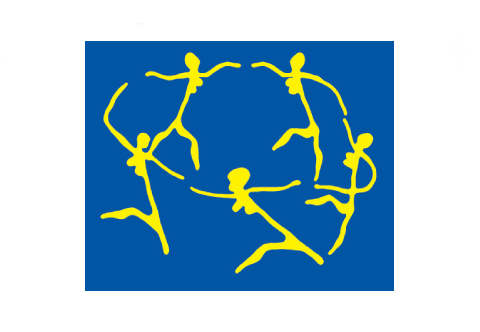Preparing DARIAH
Preparing DARIAH: Preparing for the construction of the Digital Research Infrastructure for the Arts and Humanities was a collaborative European project co-funded by the ESFRI e-Infrastructures programme, which aim was to provide the foundations (strategic, financial, legal, technological and conceptual) for the timely design and construction of the digital infrastructure requisite for scholarly research in the arts, humanities and cultural heritage in Europe. After the completion this preparatory project in February 2011, the DARIAH infrastructure is now moving through a transition phase aiming at entering the construction phase in the autumn of 2011. The DARIAH infrastructure is designed to help researchers become aware of resources available in repositories across Europe, and provide them with the means – the services and tools – to locate and access these resources, be it primary data, documentary evidence, or secondary, scholarly objects.
DARIAH worked and still is working with communities of practice to:
- explore and apply ICT-based methods and tools to enable new research questions to be asked and old questions to be posed in new ways
- improve research opportunities and outcomes through linking distributed digital source materials of many kinds
- exchange knowledge, expertise, methodologies and practices across domains and disciplines
During the period 2008-2010, the Digital Curation Unit – IMIS, Athena Research Centre, engaged in a two-pronged research programme within DARIAH comprising: a) the formulation of a conceptual model for scholarly research activity suitable for the representation of actual information practice in scholarly work; and b) an empirical study of scholarly research activity, based on the elicitation, transcription, encoding, analysis and interpretation of semi-structured, open-question interviews with humanities scholars across Europe. The conceptual model alongside the empirical material were a fundamental task towards the establishment of a framework, at an appropriate level of abstraction, for capturing ways of working, representing information behaviours, specifying user requirements and classifying corresponding services and tools
The DARIAH model of the research process is intended to facilitate the design and development of information repositories and services in digital infrastructures that support research in the arts and humanities. To this end the model allows to represent the details of a particular research activity both at the level of planning (how it should be done) and of actual execution.
Original location: http://www.dariah.eu




